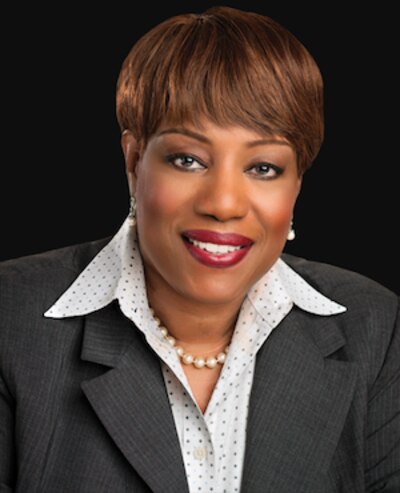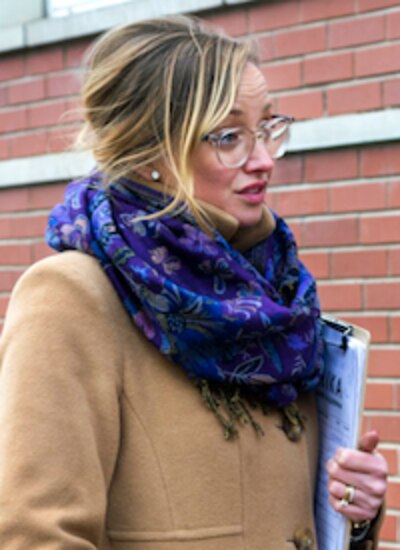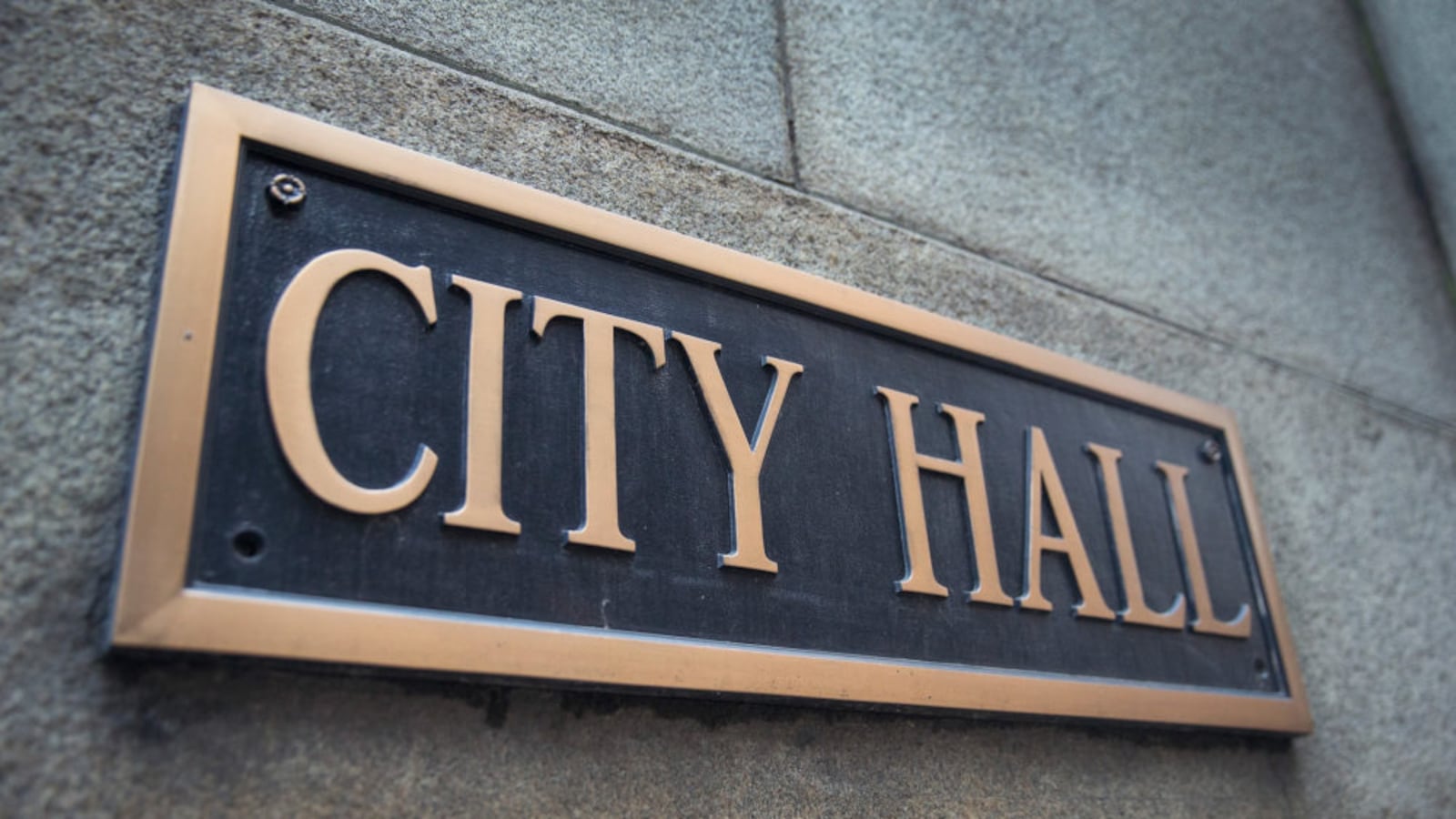Chicago’s 50 aldermen don’t have obvious power over city schools. They don’t choose who sits on the education board, pick the schools chief, or have any say over closing schools. They don’t control budgets, contracts, or any personnel issues.
But as aldermanic candidates woo voters ahead of elections in February, many are still putting out education platforms. That’s because a concerned aldermen can still have a powerful impact on the quality and trajectory of schools in their ward.
“Many aldermen are still important as advocates for schools or can play an ombudsman role or organize communities to help their Local School Councils work better,” said Dick Simpson, a former alderman and professor at the University of Illinois at Chicago. “Having a platform on schools and showing you have done things for schools are important.”
Related: 7 questions to ask your aldermanic candidates about schools
Each alderman also controls a $1.32 million annual infrastructure fund that some choose to use for upgrades or small projects benefiting schools; there’s also “aldermanic privilege” — a concept that’s now under challenge in wake of longtime Ald. Ed Burke’s naming in a federal corruption probe — that lets them give the thumbs up or down to developments like new charters or affordable housing units, which can affect enrollment. Aldermen can use their position to forge partnerships with organizations and companies that can provide extra support and investment to local schools.
Aldermen also have an education committee at City Hall. But it rarely meets and has limited power. Committee Chair Ald. Howard Brookins didn’t respond to requests for comment, but an outspoken committee member did. Ald. Sue Garza, a former teacher and member of the Chicago Teachers Union, said each alderman has a responsibility to voice concerns on behalf of schools in their ward. Ideally, she added, the education committee should provide another layer of oversight for schools. But, it doesn’t.
One example of the committee’s negligible powers: When schools chief Janice Jackson declined to address a council hearing last year about sexual abuse at the district, and sent subordinates instead.
“We have no teeth to actually get anything done at CPS,” Garza said. “As aldermen we can voice our concerns, we can call for hearings, but the powers that be at CPS don’t even have to show up.”
While every community has schools, public education is a more contentious issue in some parts of the city, especially those where schools have closed in recent years or where aldermen have been perceived as being on the wrong side of controversial decisions.
A closer look at two ward races reveals how much influence aldermen can have — and the limits of their power.
The 3rd Ward
The South Side 3rd Ward includes parts of Bronzeville, Fuller Park, and the South Loop. It is home to the National Teachers Academy, a top-rated predominately black school on West Cermak Road that the school district had planned to close and convert to a high school — before parents won an injunction to halt the plan. Incumbent Ald. Pat Dowell backed the plan, even after the court decision.

Dowell didn’t respond to multiple requests for comment.
But in a statement last month about the court decision, she maintained that she was still committed to bringing a high school to the South Loop community, which is relatively diverse but more affluent and white than the population attending National Teachers Academy.
“It is a goal I still firmly believe can be accomplished together for the benefit of all students,” Dowell said.

At least one of her opponents, Alexandria Willis, has leveraged Dowell’s stance on the National Teachers Academy plan against her on the campaign trail.
“That plan should have never been a part of the conversation, period,” she said. “The incumbent helped orchestrate that.”
Willis, one of two candidates running against Dowell, sees aldermen as liaisons between local school councils, principals, and the school district who can argue their interests and needs when it comes to investments in programs.
“People move into and out of areas because of schools, so you really should be listening to constituents about what they think the needs are for their kids,” she said.
The 46th Ward
In the 46th Ward race on the North Side, another incumbent’s stance on a contentious school decision has come up in the race. The 46th Ward includes most of the Uptown community, where the school district closed Stewart School, sold it to a private developer for $5 million and replaced it with $4,000-a-month lofts. Incumbent Ald. James Cappleman, oft-criticized by affordable housing activists and advocates for low-income and homeless Uptown residents, has taken some heat over the outcome amid accusations that he didn’t put up much of a fight.

But Cappleman said after he was elected in 2011 he needed more time to help the school, because enrollment had already been on a downward spiral. He and the Metropolitan Planning Council hosted three meetings on what to do with the closed campus. Many residents wanted a community center or affordable housing, but with no way to pay for either, the school board sold the property, Cappleman said.
He said he helped win a concession that the new owner include a community garden in front. He said he couldn’t block the luxury lofts even if he wanted because the developers didn’t need a zoning change.
Cappleman said many voters think aldermen have more power than they actually do.
“There’s still some confusion that aldermen are in charge of CPS, they think I’m in charge of City Colleges of Chicago as well, and the park district, and they also think I can tell state elected officials to do what I want as well,” he said.
One of his opponents, teacher Erika Wozniak, questioned whether Cappleman in fact tried his best to save Stewart or to ensure reuse of the school would more directly benefit less advantaged community residents. Wozniak, a teacher endorsed by the Chicago Teachers Union, supports a freeze on new charter schools, and said she plans to coordinate with Local School Councils and community groups to create a coalition to plan and advocate for local schools.

She said she would advocate for more nurses, social workers and psychologists at neighborhood schools, and help address the district’s enrollment crisis by building more affordable housing — not just public housing for low-income households, but dwellings that working and middle-class families can afford.
“He’s the one approving the developments happening in the ward,” Wozniak said of Cappleman. “I don’t believe he’s been an advocate for the working class and working families of the 46th Ward. I think he’s been a great advocate for the developers.”
Cappleman argues that Uptown has had abundant government-subsidized affordable housing. He said that families in subsidized buildings have still been reluctant to send their kids to Uplift, a district-run high school on Wilson Avenue that accepts students from across the city. Uplift, serving about 150 pupils, is a Level 2-rated school (the second lowest possible rating) that the district characterizes as needing “intensive support.”
Cappleman said he has worked with the school’s principal to promote it to parents. He’s also fought decisions he thought would harm the school. In 2016, Noble Academy backed off plans for a charter high in Uptown following protests and opposition from Cappleman, who argued that the move would harm Uplift. Cappleman blames the school’s steep slide in enrollment on unwarranted stigma.
In the 50th Ward, Cassandra Kaczocha, who has two students at Boone Elementary, would like to see aldermen understand the needs of schools in the community, amplify parent voices, and use their connections at City Hall “to make happen what we need to happen.”
She said that hasn’t always been the case. When she asked Ald. Debra Silverstein for assistance in getting a grant to help schools renovate deteriorating and flood-prone playgrounds, she was told it was the school district’s responsibility to tackle the issue, not hers.
Yet Kaczocha saw aldermen in other wards helping parents get grants or dipping into their own infrastructure budget.
“Aldermen have power— that they have to decide to use,” said Kaczocha, who began documenting the playground issues to press the district to solve them.

